TRAINING TACKLES WILDLIFE POISONING
André Botha, Manager, EWT Vultures for Africa Programme
AndreB@ewt.org.za The EWT’s Vultures for Africa Programme (VFA) has been involved in a number of Wildlife Poisoning Response Workshops at various locations in southern and east Africa during the period December 2019-February 2020. More than 100 trainees from a range of conservation organisations in Botswana, Zambia, Uganda and Tanzania participated in five workshops lead by the VFA Programme Manager André Botha. During this training, learners are provided with a comprehensive background on the drivers, motives and methods people use to poison wildlife, then we focus on enabling them to confidently assess situations on the ground to positively determine whether a poisoning incident is taking place, how to appropriately and rapidly respond to it by means of effective scene management, investigation and decontamination. We lastly work with them to draft Wildlife Poisoning Response Plans for the areas that they operate in and provide support in terms of sourcing equipment to safely conduct the management and investigation of scenes. Feedback from training recipients was very positive and we have received invitations to return for further training in Uganda and Tanzania later in the year. Another exciting development for the programme is an invitation from Cambodia to conduct similar training during two workshops in that country during March 2020. Further training interventions are also planned for the Greater Limpopo Transfrontier Conservation Area, supported by the British government’s Illegal Wildlife Trade Challenge Fund, and the Khutse Game Reserve in Botswana, in March and April respectively. The EWT has also received a firm commitment from the Junta Andalusia in Spain to assist with the development of training capacity to train poison detection dogs at various sites in Africa in the coming months. There currently are no such dogs deployed anywhere in Africa, and this ability will significantly strengthen the preventative and responsive ability of conservationists on the ground to reduce the prevalence and impact of wildlife poisoning on vultures and other species.
The work of VFA is supported by U.S. Fish and Wildlife Service
